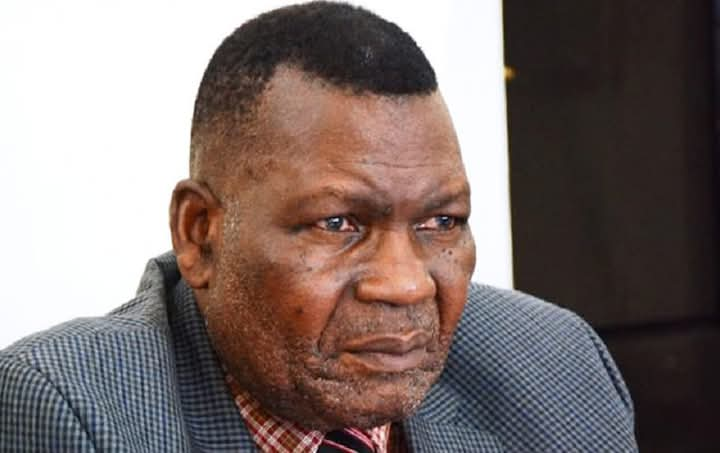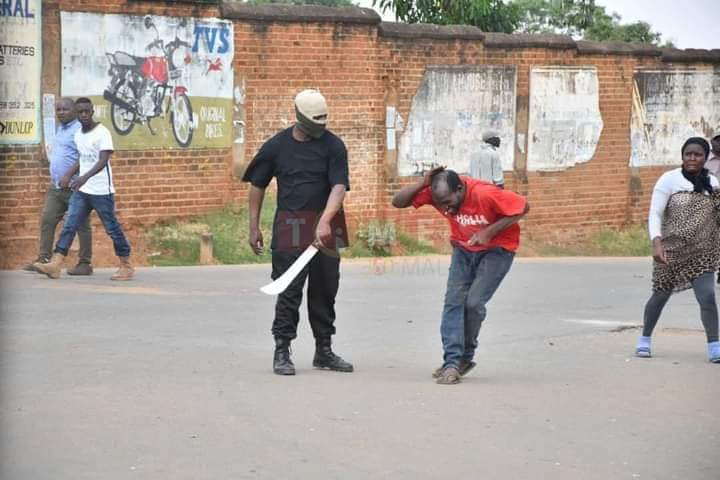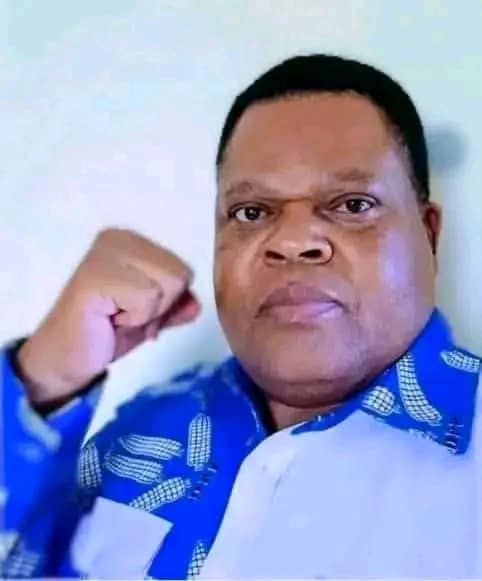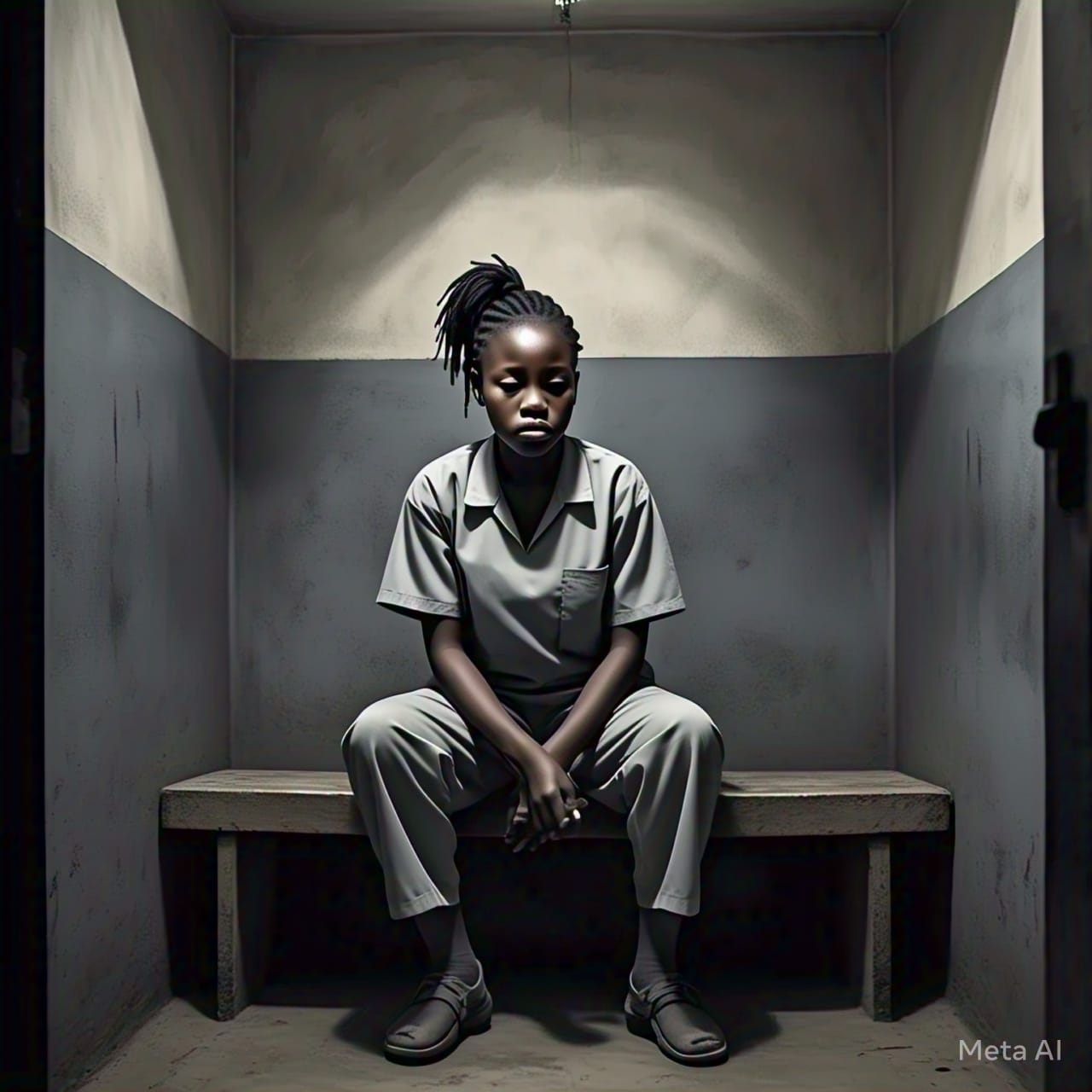By Burnett Munthali
Rick Dzida’s remarks on the obligation of the Leader of the Opposition, Dr. George Chaponda, to provide evidence for his allegations against the National Registration Bureau (NRB) have sparked mixed reactions among Malawians. Dzida, emphasizing a logical principle that “whoever alleges must provide the evidence,” argued that the onus lies on Chaponda to substantiate claims that the NRB is secretly printing new IDs. This statement has drawn both support and criticism, reflecting a polarized political landscape.
Dzida’s comments, shared on a popular WhatsApp platform, Politics and Ideologies, highlighted his concurrence with Transport Minister Jacob Hara and the Speaker of the National Assembly. He stated:
“The onus is not on NRB to clear its name. The burden of proof lies on George Chaponda. Therefore, Hon. Chaponda has two options: either to provide substantial evidence or retract the whole allegations.”
Supporters of Dzida’s stance lauded his logical approach, emphasizing the importance of accountability and evidence-based claims. One participant, Andrew, acknowledged Dzida’s point but shifted focus to the government’s broader achievements:
“Boma ili chitukuko likuyesetsa kwatsala ndi kudula kwa zinthu basi.”
This view reflects a faction that sees the government’s progress as overshadowing allegations without proof.
Others, however, criticized Dzida’s reasoning, drawing parallels between the burden of proof and situations involving mafia-like secrecy or moral wrongs. Chikoja was vocal in opposing Dzida’s argument:
“Kuli ngati kupha munthu kukwilira ndiye ena azikunena kuti awa anapha munthu iwe nkumafunsa kuti peleka umboni ngati ine ndinapha munthu… yet ukudziwa pansi pa mtima wako you are a killer.”
Chikoja suggested that powerful entities, like cartels, often operate in ways that make direct evidence difficult to procure, implying that Chaponda’s claims could still hold water despite the lack of immediate proof. He further accused the alleged cartels of underestimating the intelligence of Malawians:
“Simungapusitse chigulu cha anthu 20 million. Ma cartels anuwo afoila ndithu.”
Dzida responded to such criticism by reiterating the role of evidence in protecting individuals from baseless accusations:
“Inuyo mukhodza kupha, kunyenga mkazi wamwini, kuba nkukhala chete. Koma kungoti wina anene kuti munanjoya ndi mkazi wa mwini mudzamuuza kuti apereke umboni.”
This statement reflects Dzida’s belief that accusations without proof could lead to unjust vilification, advocating for a fair process where claims are backed by tangible evidence.
The reactions to Dzida’s comments reflect deeper political and social divides in Malawi. For some, the focus is on addressing structural issues like corruption and holding leaders accountable, even if evidence is elusive. For others, preserving procedural fairness and ensuring claims are backed by facts is paramount to maintaining public trust.
As the debate around the NRB allegations continues, Rick Dzida’s comments have added a new layer to the discourse, prompting Malawians to reflect on the balance between seeking accountability and adhering to due process. Whether Dr. Chaponda produces evidence or retracts his statements will likely influence not just the political atmosphere but also public perceptions of leadership accountability.
About the author of the article
Burnett Munthali is a political analyst




